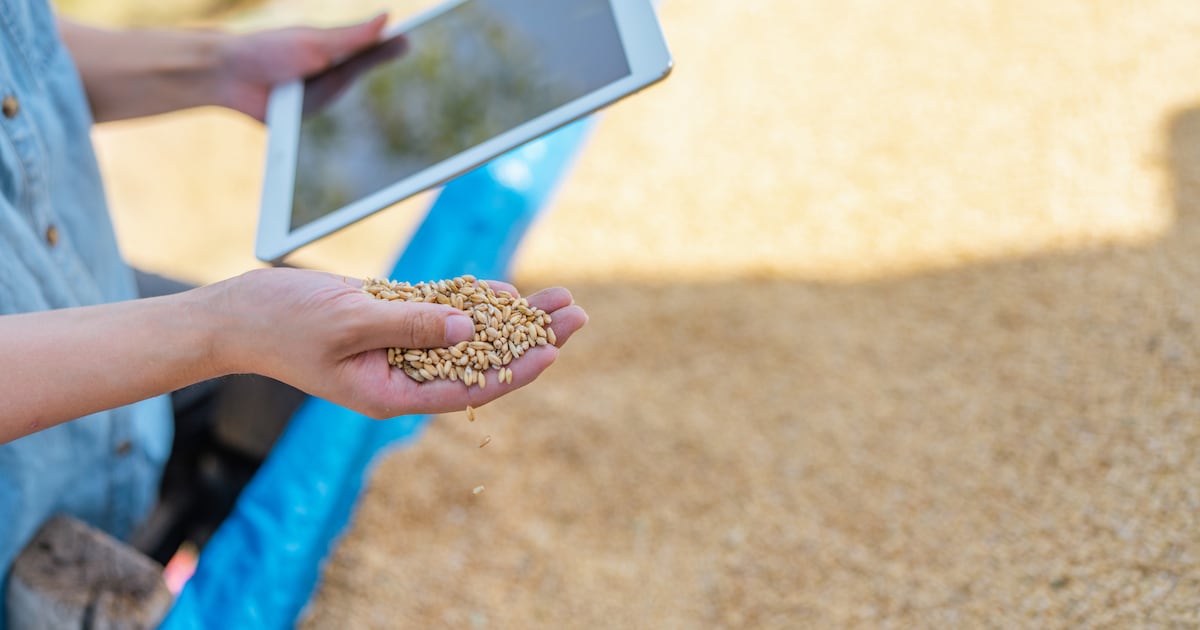The Korea Agricultural Technology Promotion Agency (KoAT) officially launched the Digital Breeding Utilisation Information System on May 15.
The platform was developed as part of the Ministry of Agriculture, Food and Rural Affairs’ (MAFRA) efforts to shift from traditional breeding methods to a digitally driven approach,
The system leveraging technology to improve efficiency and accuracy. It integrates big data, artificial intelligence (AI), and information and communication technology (ICT) to streamline the crop breeding process.
“The Digital Breeding Utilisation Information System is core infrastructure that will drive the future competitiveness of the South Korean seed industry. It will greatly contribute to the advancement of domestic seed companies’ breeding technology and their ability to respond to overseas markets,” said An Ho-geun, director of KoAT.
The information system includes the genome information of 12 major crops, including peppers and rice, and information on approximately 4,000 molecular markers.
It also integrates with KoAT’s existing molecular marker analysis service, enabling users to manage analysis requests and results online in real-time.
This streamlined service would allow stakeholders to move away from manual processes, it said.
According to KoAT, the system is operated on KT Cloud, ensuring secure storage and processing of private user data while maintaining accessibility.
KoAT plans to offer training programs to seed companies and research institutions to promote the system’s adoption in June and October.
Seeds: A key market of the future
In 2023, MAFRA announced plans to grow the domestic seed industry to KRW1.2tn by 2027 from KRW740bn in 2020. It also aimed to grow seed export volume to USD120m from USD60m in 2020.
According to the agency, the domestic seed industry accounted for only 1.4% of the global market, which was worth USD44.9bn in 2020.
“Multinational companies worldwide are developing and supplying new varieties with biotechnology and artificial intelligence. It is necessary for us to nurture the seed industry to develop seeds on our own and secure seed sovereignty, while also following the global trend,” the report said.
Digital breeding was highlighted as a core strategy and essential to align with global trends and enhance competitiveness.
The plan highlights that this advanced method, could significantly reduces breeding periods to around three to five years and improve the success rate of commercialisation (from 10% to 50%).
Additionally, the plan highlighted the development of the K-seed Valley, which was modelled after the Netherland’s Seed Valley.
